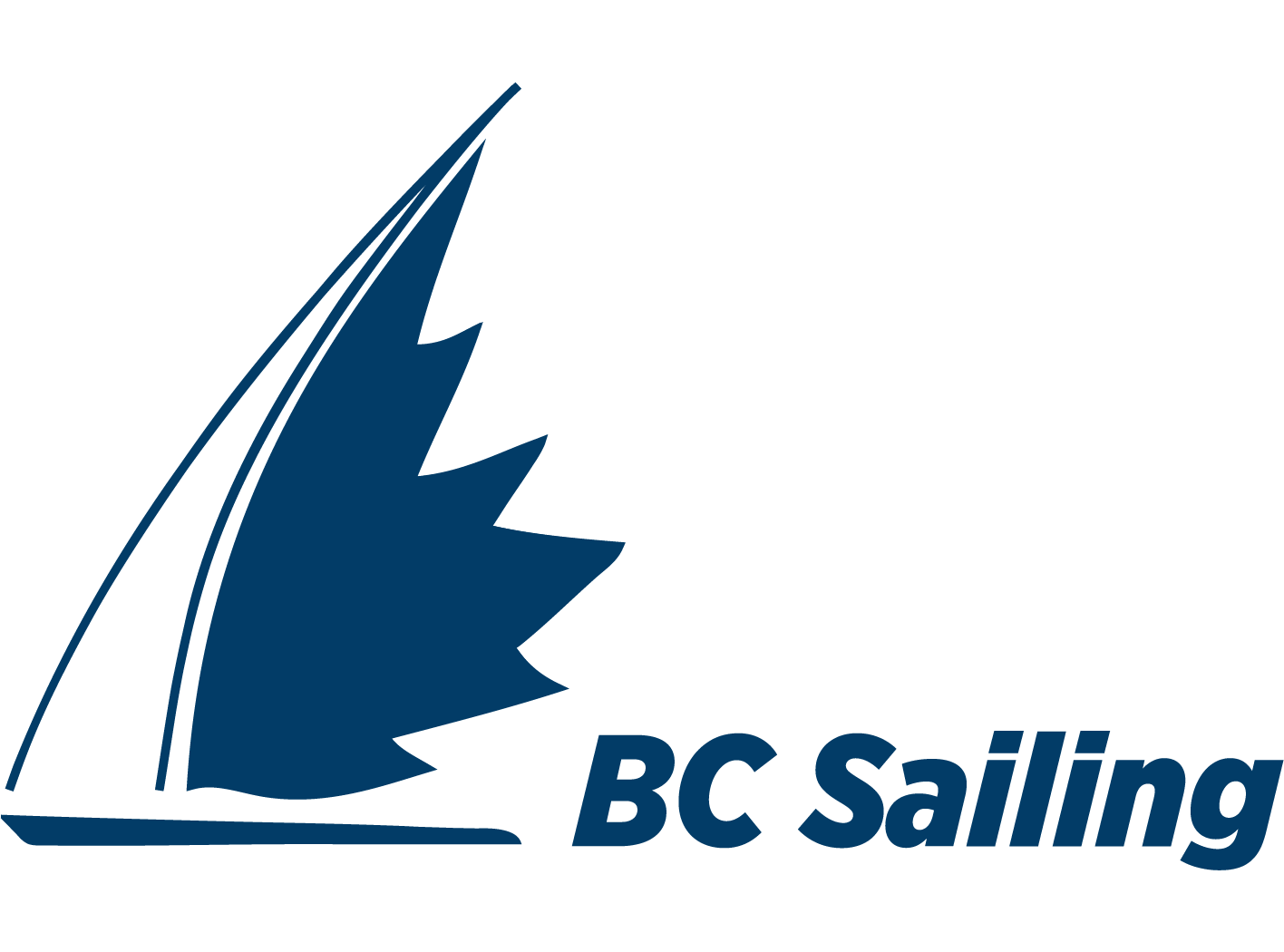Advance Material
If advance material is provided, participants are expected to review the material before the start of the course. For this Coastal course, we do not normally provide advance material.
Clothing and Equipment
Participants are required to bring their own sailing clothing and personal safety equipment suitable for use in a coastal or near-coastal overnight event or passage such as the Southern Straits Race, Patos Island Race, Swiftsure Race, or Cascadian Convey.
Required clothing includes wet weather gear, warm layers, and non-marking boating footwear, all suitable for the conditions prevailing for the duration of the course.
You will be using this clothing and equipment during practical sessions, some of which are conducted outdoors and/or on boats which will remain moored at the dock.
Required personal safety equipment includes a fully functional PFD, safety harness, safety tether, and personal COB (MOB) light. Personal distress beacons such as PLBs or AIS MOB devices are not required for this course; if fitted, they should be disarmed or removed prior to training to prevent false alarms.
If you do not already own all the required clothing and equipment, it is recommended that you consider borrowing any needed items from a friend rather than buying new items before the course. While we do not make recommendations on specific brands and models, you will learn more about important characteristics of personal safety equipment and this may influence your thinking on equipment selection.
Fitness and Ability
Participants must be fit and capable of participating fully in the course, including the practical sessions. CPSC practical sessions include crew overboard recovery training while wearing bulky clothing and lifejackets. Participants will work on the uneven deck of a sailboat to recover heavy Oscar training manikins from the water onto the deck. The training is physically and mentally demanding, and may be stressful.
It is the responsibility of participants to be fit for the training. Participants who have any doubt about their ability to participate safely should consult their doctor and obtain medical approval in advance of the course.
If you have fitness or ability limitations or concerns, please advise us by email before registering so that we can have a discussion about whether they can be accommodated. As sailing events and passages are typically a team effort, our conscious bias is to make accommodations whenever it is safe and practical.
For more information, please contact us directly at sas@bcsailing.bc.ca.
BC Sailing’s Safety at Sea program offers personal survival training for racers and cruisers who are participating in coastal and offshore events and passages. Courses are delivered by Sail Canada accredited instructors in conjunction with local clubs and facilities. We use a mix of classroom, hands-on practical, indoor-outdoor, and in-the-water practical sessions.
Our mission is to enable sailors to prevent or mitigate emergencies and save lives.
The most current information on the Safety at Sea program, including course dates and registration, is always available on the website at BC Sailing Safety at Sea.
BC Sailing Safety at Sea Coordinator: sas@bcsailing.bc.ca
BC Sailing
#195 – 3820 Cessna Drive
Richmond, BC
, Canada, V7B 0A2



